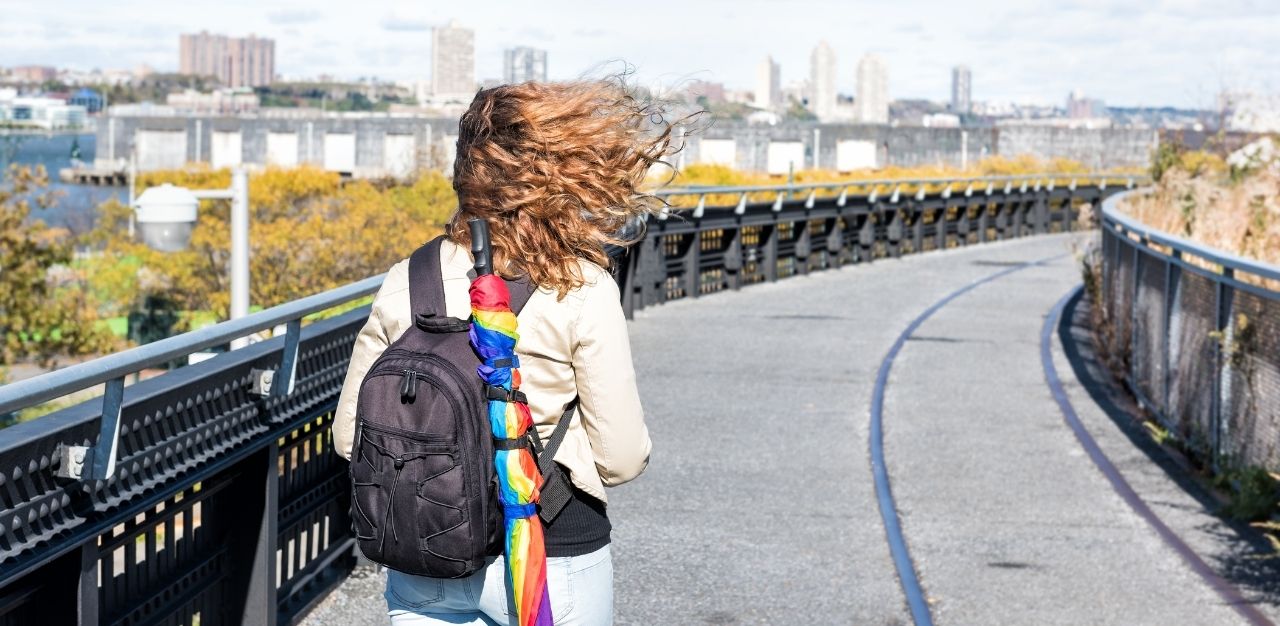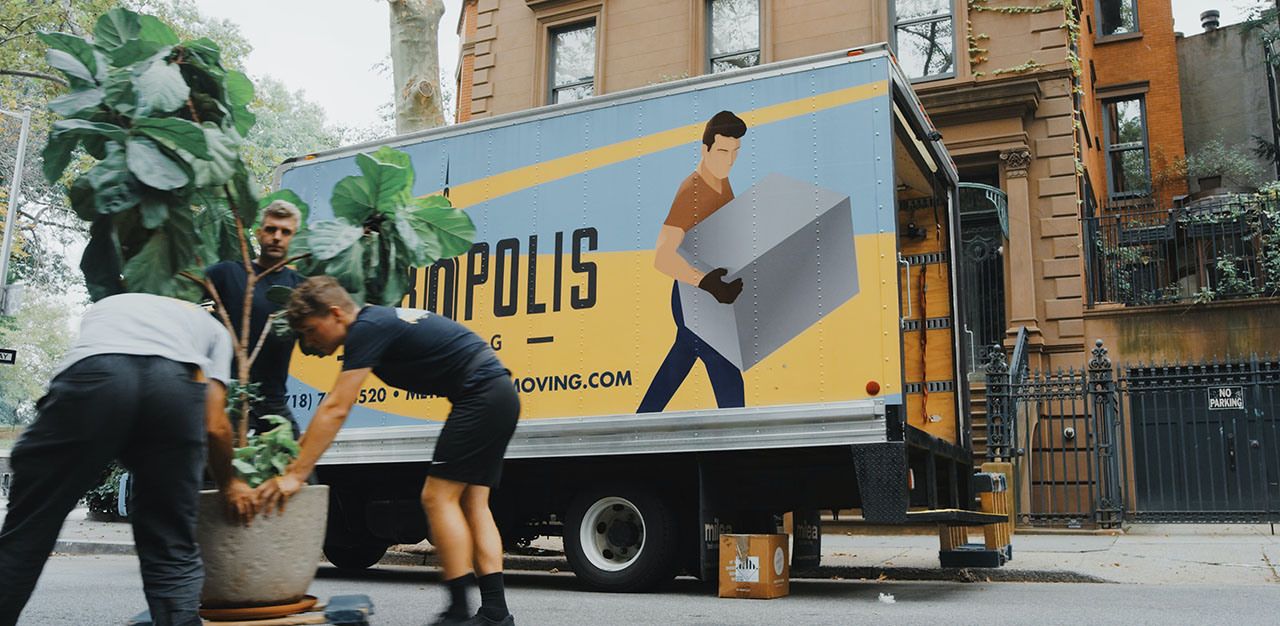In many parts of Asia, moving out is often a rite of passage for those who get married, hence leaving the family home as a young, single person is still met with curiosity, raised eyebrows and questions about being an unfilial and ungrateful child. Given the cultural norm of living with one’s parents, usually rent-free, until one gets hitched, what compels young adults in Singapore to move out? TheHomeGround Asia hears from four individuals about the challenges and rewards of moving out, and what they have learned in the process.
A strong desire for independence compelled 28-year-old Melvyn Sin to move out of his parental home after Singapore’s version of a lockdown (known as circuit breaker), last year. Despite not having a job at that time, he felt that he had enough savings, and was keen to explore living by himself.
“I think at a certain point in your life, you really just want to be yourself and not get stuck in other people’s things,” he explains.
Breaking the news to his family was a quick affair, as he only told them of his plans three days before leaving, even packing his belongings in secret.
He recalls, “I didn’t want to drag out arguments… The logic was, if I told them a month or maybe a few months before, there’s so much buffer time for them to do stuff to make me feel unwelcome and guilt trip [me], ask ‘Why you moving out?’, [or make me] get back deposit.”
In contrast, 29-year-old Chu Wong’s journey to independent living stemmed from her desire to live with her then-partner in 2015. Ms Wong had returned to Singapore with him, after having lived together in Germany for two years.
“It was really strange… to come back and then to live separately,” she explains. They had initially taken turns staying at each other’s places but this arrangement did not suit them and they decided to rent a place together.
Ms Wong’s parents’ initial reaction to her decision was to ask why she was wasting her money on rent, as they felt that it could have been used to offset other living expenses, or for travelling. Their opinion did not deter her: “For us it was really that independence of having your own space,” she says. “We will rather sacrifice the weekend trips or the extra shopping and pay for rent, to have the independence.”
An unpleasant or hostile home environment are other reasons for moving out.
Four years ago, Melissa (not her real name), 30, had to leave her parents’ place temporarily due to a conflict over her sexual orientation. The resulting animosity in the relationship with her parents meant that she ended up spending more time at her ex-partner’s place, which helped to “pace out the distance and tension” between them. While she still lives with her parents now, they have not accepted any mention of queerness.
“I think my parents didn’t and still don’t really have the language to deal with it,” says Melissa.
“My father’s immediate reaction was to tell me to leave the house. [He told me] I should go away, and I should leave. To them, it was like, if you want this kind of lifestyle, we don’t want to see it. So if you want to lead this lifestyle you have to be away from them.”
Georgie (not her real name), 30, who identifies as pansexual, moved out when she was 21 years old after she met with disapproval for bringing her then-girlfriend home.
“I wanted to kind of softly introduce them but not say anything particular about our relationship,” she explains. “But the reaction was bad. My mum… while I went to the toilet, [told] her, ‘my daughter’s going to marry a man.’”
This led to Georgie growing more distant from her parents: “I kept feeling that there was a part of myself that I had to hide and kind of shove into a corner,” she says. “It’s very difficult to talk about life with them because I had already moved out… So there was nothing much to say when I met them.”
The challenges of moving out, and lessons learnt
Still, whatever the reasons that push people to leave their family home at a young age, it is a decision they do not make lightly as it comes with its challenges.
Traditional attitudes in Singapore’s society can negatively label those who decide to live away from their parents before they get married.
A recent commentary that shared a journalist’s perspective on moving out of her parent’s place sparked an online debate, with many pondering the pros and cons of living independently. While some commenters pointed out the benefits of increased independence, others questioned how moving out reflected on one’s sense of filial piety.
Finding an affordable lease that meets a young person’s limited means, for instance, can take time and lots of legwork. Rental prices can vary based on factors such as the type of property, location, and amenities, from S$750 (US$561) per month for a single room in a HDB (Housing Development Board) flat, to S$1,100 per month for a single room in a condominium.

Private residential properties (including condominiums, walk up apartments and terrace houses) have a minimum rental period of three consecutive months, while a HDB flat or a bedroom in a flat must be rented out for a minimum of six months.
Georgie struggled to make ends meet at the beginning. Being self-employed, she was panic-stricken during the months that she did not have money. To cover her expenses, she would do “whatever it takes, like odd jobs [and] boring jobs”. There was also the stress of having to “juggle learning all these new things at a much younger age”, such as paying rent, purchasing groceries and essentials, as well as managing chores.
Melissa acknowledges that moving out as a single person is often viewed as a “big deal” due to the social safety net that has been constructed in Singapore, with housing policies tending to favour traditionally accepted family units. She also emphasises that the pressure to gain financial independence can weigh especially heavily on those in the queer community.
[READ: Our home: How HDB shapes the families it wants]
“[It’s] the idea of you having to work twice as hard to get what was already laid out for normative society,” she explains.
“The whole system is set up for you to buy an apartment with someone of the opposite sex and get good grades, and people will follow that path,” she adds. “In comparison, you come off as impulsive… thoughtless, unfilial, selfish and obviously poor.”
Mr Sin describes the social safety net as a “very templated system of life”.
“It’s ‘Get a girlfriend, get a BTO [build-to-order flat].’ So it’s always moving from one system of hierarchy, which is family, then going [onto] marriage, which is another system. You never really find yourself in the middle of it,” he opines.
Moving out also requires adjusting one’s lifestyle, which Georgie says includes allocating more time to household chores, such as cooking, cleaning, and purchasing groceries and essentials – duties that might have been taken care of by other members of the family in the childhood home.
The worst part is having to handle a lot more responsibilities, agrees Mr Sin, but he notes that living independently has enabled him to learn more about himself and his habits.
“For example, I’m a bit of a food hoarder, so when I go grocery shopping I will buy like three months in advance, thinking [I can maximise] one trip,” he says. “And that’s not really sustainable because the fridge has only so much space.”
He adds that it has also furthered his growth, due to the space he had to focus on himself.
“It’s a good avenue to know what you like… [and] be flexible in your choices. Because you don’t even have to think about family that much, because you are kind of away from them, [which] gives you space to think,” he says. “It can be a bit selfish, but I feel like in growth you need to be selfish.”
The impact on emotional and mental health
Despite the practical concerns that living alone entails, the benefits to one’s emotional health has made it worthwhile for Georgie.
“Emotional independence is very important for LGBTQ people who have homophobic parents. The moment you have [it], you can begin to dream about what your life might be like,” says Georgie. “Before that it’s just a cloud of trying to please people that reject you on the basis of something as innocuous as your sexual orientation.”

In Melissa’s case, having the option to live away from home has improved her mental well-being. She no longer has to “tiptoe around certain expectations” when it comes to handling power dynamics within her family. And she has managed to have difficult conversations with her parents, allowing her to gain a deeper understanding of where they were coming from.
“Before you have that conversation with your parents, sometimes it can be a question mark. But now that they answered the question I kind of sobered up to reality and [am] able to take more measured steps in expectations and drawing boundaries,” she says. “[For] example, my private life would be my private life, probably for the rest of my life. It’s not something that I’ll include them in.”
How moving out affects one’s relationship with their family
After moving out, Ms Wong observed that the relationship with her parents, especially her mother, improved.
“Over time, when she saw that I was able to support myself… she saw the value in me moving out and gaining my independence,” she says.
Their interactions tended to take place over meals, and revolved around learning more about her life, as there was less friction from differences in living habits.
“The conversations are a lot more pleasant, there will be more catching up, like ‘How’s your work?’, ‘What have you been up to?’,” Ms Wong shares. “Ever since I moved out, they understand me better, and we fight a lot less.”
She adds that her parents are more accepting of her decision to move out now, which she attributes partially to being financially independent and supporting herself.
Georgie notes that moving out also compels parents to re-evaluate the relationship with their children, since the family dynamics have changed.
“Financial independence accords you the freedom to leave whenever you want,” she says. “Your parents have to kind of reassess their relationship with you because they no longer control certain aspects of life like what you eat; everything basically.”

Advice for young people who aspire to move out
When it comes to moving out, there is often an expectation to move to a nice space where one can have friends over and “look pretty cool”, says Ms Wong. But she urges aspiring renters to select places that suit their financial means, and that they can relax in.
“Be certain of your finances, know that you can afford it, and then choose a place that is comfortable for you… that you can go to and wind down,” she says.
Melissa advises queer individuals in a similar situation as her to build a stable social support network that includes people who can offer financial and mental health support, such as a therapist and a financial planner.
“These things really matter because they’re gonna give advice and help you lay out the rest of your life,” she says.
She adds that it is important for those in the queer community to “do whatever it takes to keep their chin up, have hope and work hard… To try their best to live the life that they can with the resources they have.”
It is also a good idea to find people one can get along with to rent a full unit together as housemates, suggests Mr Sin, instead of a room in someone’s home. He likens the feeling of living with a landlord to that of being a perpetual guest.
“They [landlords] have so many quirks, basically they want you to just stay in your room… and don’t mess with anything… While if you rent the whole thing with your friends, it really feels like you have an equal share,” he elaborates.
Honest and open communication with housemates is also essential, says Ms Wong, explaining that one might expect others to know one’s habits because they “feel natural”, forgetting that different people behave differently.
“Being able to communicate in a way that’s open and welcoming, and not attacking, is a skill that you need to have,” she explains. “It’s really about being comfortable to put your demands forward, and then navigating that with other people and finding that complement.”
Join the conversations on TheHomeGround Asia’s Facebook and Instagram, and get the latest updates via Telegram.














